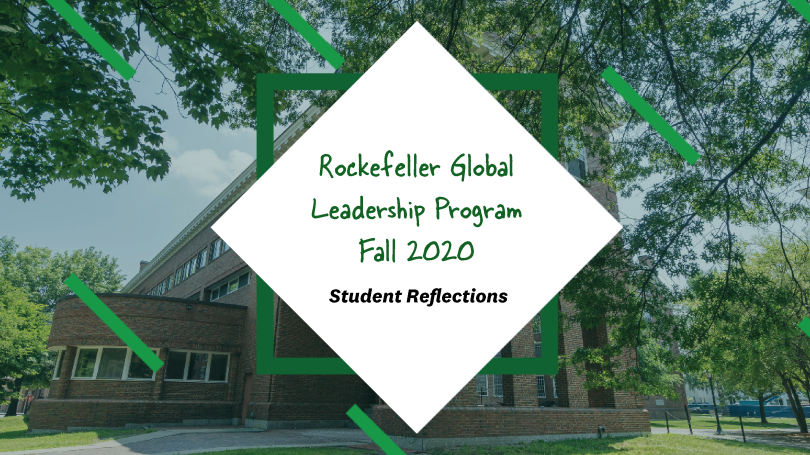
- Public Policy
- Leadership
- Funding
- News & Events
- About the Center
Back to Top Nav
Back to Top Nav
Back to Top Nav
Back to Top Nav
There couldn’t be a better backdrop for the Rocky Global Leadership Program and this question than the recent presidential election. Regardless of where you land ideologically, over seventy million people voted for each candidate, with significant percentages for each in every state. Throughout the program, I’ve used this ideological divide as a domestic backdrop for ways to build a platform for dialogue across differences.
Something I’ve learned throughout this program is that cultural understanding does not happen in a day, a week, a month, or even a year. It is a continual process that you develop throughout your lifetime. With this being said, I believe that the tools for building a platform for dialogue need to be simple to be followed faithfully:
Have a dialogue. If you never actually engage with other cultures and opinions, you’ll never learn how they think and it will be easier to demonize them. In Session 7, ‘Refugees and Immigrants,’ Sadhana Hall spoke about her experiences as an Indian immigrant in the United States and the experiences she had with a neighbor. She noticed the neighbor was acting strangely around her, but she made an effort to say ‘good morning’ each day. Once that barrier was broken down, they started to have more conversation. This obviously didn’t solve every problem, but it opened dialogue.
Engage faithfully. Don’t make fun of the other side just because you don’t know them but instead try to understand what they are thinking and saying. If something strikes you as off, try to understand why rather than brushing it off as “they’re just different than me.” Doing this can actually challenge you to find out more about yourself and what you believe.
Assume good intentions until proven otherwise. To go back to the presidential election, I refuse to believe that seventy million Americans are bad people. Don’t accept immoral behavior, of course, but we’d all be better off if we believed more in the innate goodness of people.
All of these lessons can be applied to engaging with other cultures across the world, because a true global leader is one who tries to understand themselves and who tries to understand others.